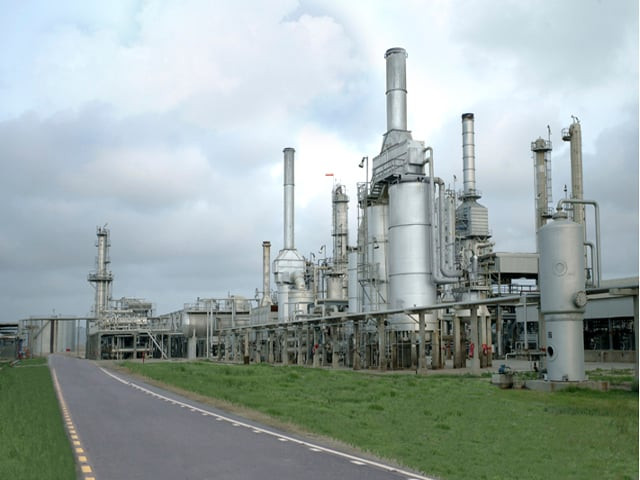Refineries find anomalies in pricing guidelines
Ask govt to defer their implementation, resolve matter first

While protesting over the issuance of unilateral pricing guidelines by the Petroleum Division for Euro-V fuels, the country’s refineries have found some anomalies and demanded that the government defer the levy of penalties until the issue is resolved.
In a letter sent to the Petroleum Division secretary, the refineries said the issuance of pricing guidelines for Euro-V fuels without prior consultation with domestic refineries defeated the essence of the Cabinet Committee on Energy’s decision dated June 4, 2020.
“We have noted serious anomalies in the guidelines, which need to be rectified,” the stakeholders said. The Ministry of Energy (Petroleum Division) issued policy parameters for the pricing of motor gasoline (petrol)/highspeed diesel (HSD) - below Euro-V - for the refineries on August 24 and sent them to the Oil and Gas Regulatory Authority (Ogra) and the Oil Companies Advisory Council (OCAC) for compliance and implementation.
Reacting to that, the refineries expressed their surprise that the guidelines were issued without prior consultation with them, who were the major stakeholders.
They said the policy guidelines issued by the Ministry of Energy clearly stated that pricing calculation should be carried out in consultation with the oil refineries and Pakistan State Oil (PSO) regarding Euro-V fuels – petrol and HSD. Paragraph ii (b) of Annexure A of the policy guidelines calls for scaling down the premium on premium motor gasoline (PMG) by 47.896% and this factor is derived from the variance of premium on Euro-II and Euro-V HSD, as published in Platts, said the letter.
“In our opinion, using HSD sulphur premium for working out penalty/discount factor for PMG below Euro-V is neither reasonable nor justified,” it said. Moreover, according to the letter, it is also irrational to apply freight discount, which is considered part of PSO’s actual premium because freight, whether paid for MS 92 RON Euro-V or MS 92 RON Euro-II, would be the same because of being a clean white oil tanker with same quantity or volume, so it should not be discounted.
The refineries added that each product’s free on board (fob) price and premium, as assessed by Platts, was based on demand and supply situation of that product in regional markets and was specific to that particular product, thus it could not be applied to other products.
Furthermore, sulphur reduction in PMG is not comparable with sulphur reduction in HSD, they stressed. In case an individual refinery is producing Euro-II PMG product but sulphur content is up to 10 ppm or less, then sulphur penalty should not be applicable because it is meeting the Euro-V specification in terms of sulphur, they said.
“It needs to be appreciated that some of the refineries have already been producing PMG with comparatively better specifications,” they said.
“We would like to request a complete consultative process by convening an urgent meeting among Petroleum Division officials, refineries, OCAC and Ogra so that meaningful pricing parameters for Euro-V are agreed upon and worked out in line with the CCOE’s decision,” they said.



















COMMENTS
Comments are moderated and generally will be posted if they are on-topic and not abusive.
For more information, please see our Comments FAQ